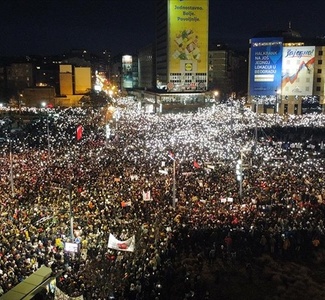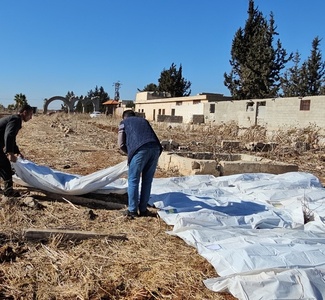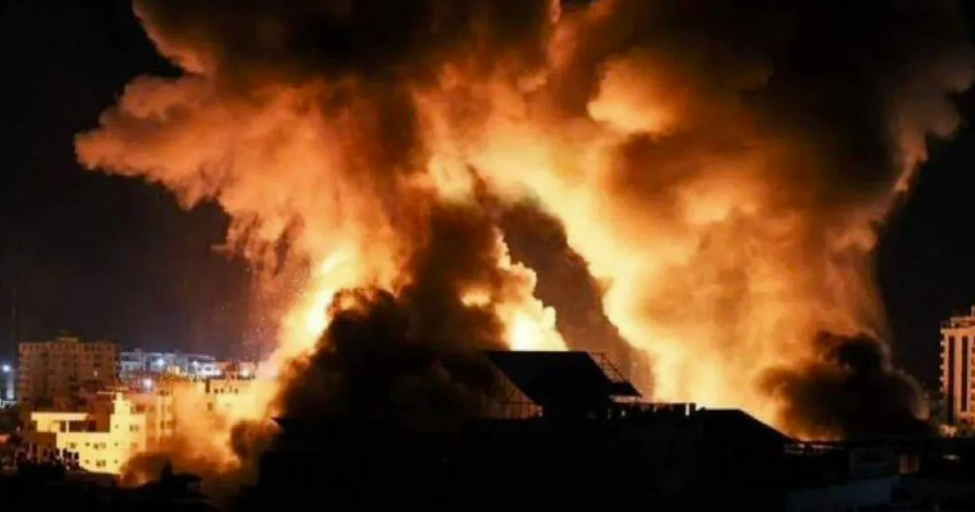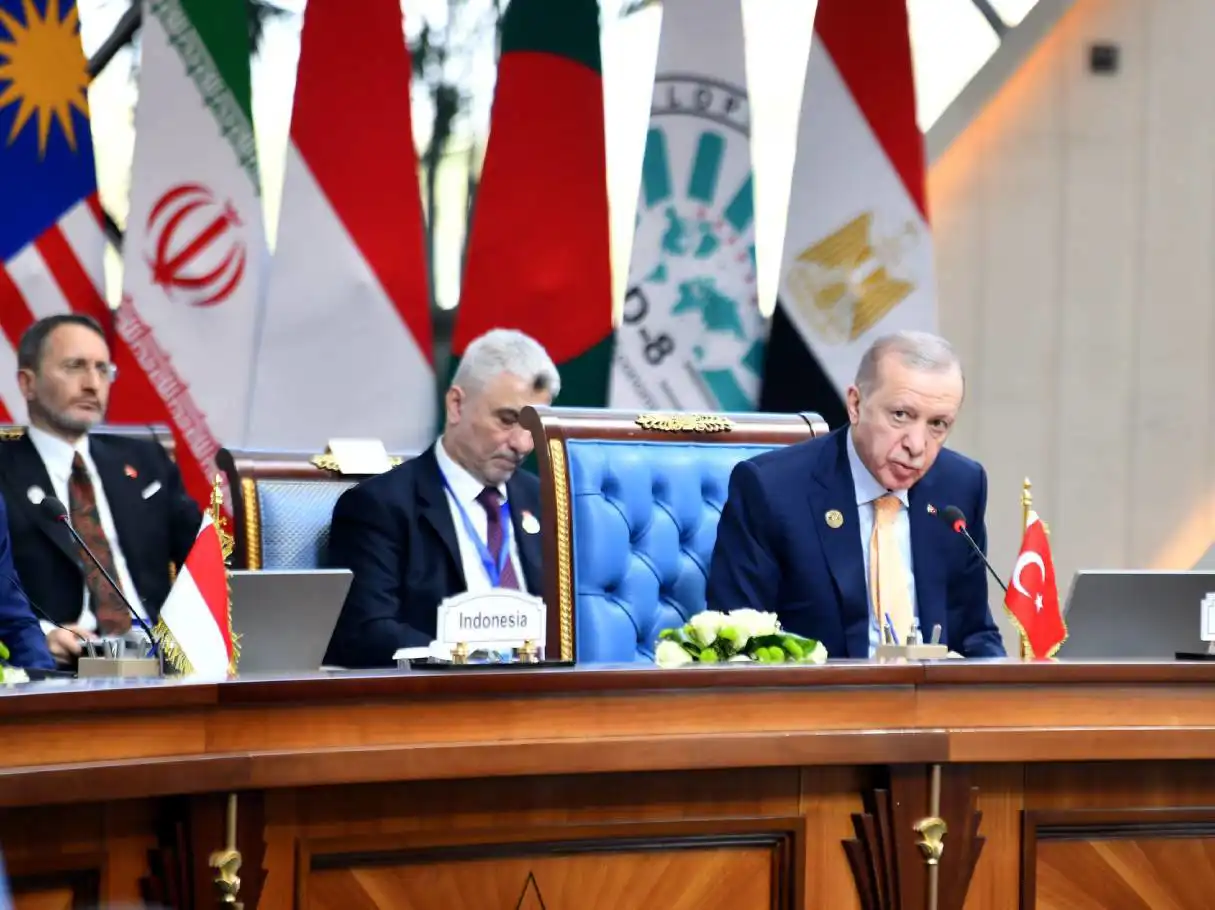IOM warns Sudan’s displaced population could exceed 10 million amid escalating crisis
The International Organization for Migration (IOM) has issued a dire warning that the number of people displaced by conflict inside Sudan could surpass 10 million in the coming days.

 Google News'te Doğruhaber'e abone olun.
Google News'te Doğruhaber'e abone olun. This marks the world's worst internal displacement crisis, exacerbated by looming famine and disease.
IOM's Displacement Tracking Matrix reported that 9.9 million people are currently internally displaced across Sudan’s 18 states. This includes 2.8 million displaced before the April 2023 war and 7.1 million since. Over half of the internally displaced persons (IDPs) are women, and more than a quarter are children under the age of five.
“Imagine a city the size of London being displaced. That’s what it’s like, but it’s happening with the constant threat of crossfire, with famine, disease and brutal ethnic and gender-based violence,” said IOM Director General Amy Pope. She emphasized the urgent humanitarian needs in Sudan, noting that only 19 percent of the requested funds have been delivered. “Unified international efforts are required to avoid a looming famine,” Pope added.
In total, approximately 12 million people have been forced to flee their homes in Sudan, with over 2 million seeking refuge in neighboring countries, primarily Chad, South Sudan, and Egypt.
The crisis, which escalated into full-scale civil war in mid-April 2023, began with fierce fighting between the Sudan Armed Forces (SAF) and the Rapid Support Forces (RSF) in the capital Khartoum and quickly spread across the country. Sudan, home to nearly 50 million people, has since witnessed relentless brutality and severe human rights violations, including ethnic violence, rape, and gang rape.
Seventy percent of the displaced population is now in areas at risk of famine, with humanitarian access severely limited. The impending rainy season is expected to exacerbate the situation, potentially leading to climate-related disasters and the spread of disease.
Last week, the Inter-Agency Standing Committee (IASC), the highest-level humanitarian coordination forum of the United Nations system, warned that the situation in Sudan had reached catastrophic levels. In Al Fasher, the capital of North Darfur, more than 800,000 civilians are trapped amid intense fighting and aerial bombardments. The conflict has devastated essential infrastructure, including healthcare, and caused prices of food, water, and fuel to skyrocket.
“Crucial roads out of Al Fasher are blocked, preventing civilians from reaching safer areas and limiting the flow of food and other humanitarian aid into the city,” said Othman Belbeisi, IOM’s Regional Director for the Middle East and North Africa. “We join the United Nations in calling for an immediate end to the fighting and the guarantee of safe, unimpeded, and sustained humanitarian access across borders and frontlines. Millions of lives depend on it,” Belbeisi added.
The IOM’s urgent appeal underscores the critical need for international intervention to address the escalating humanitarian crisis in Sudan. (ILKHA)



















































